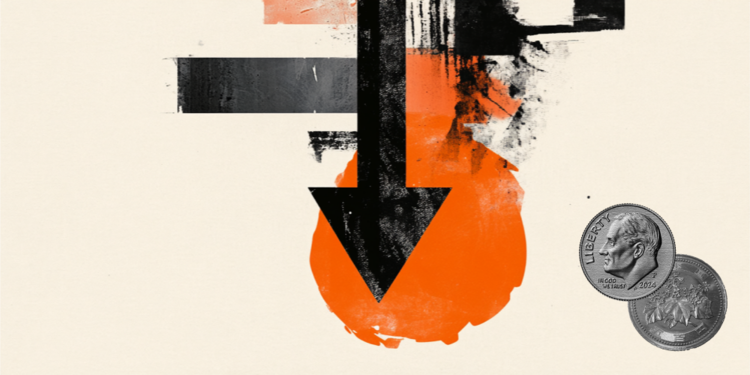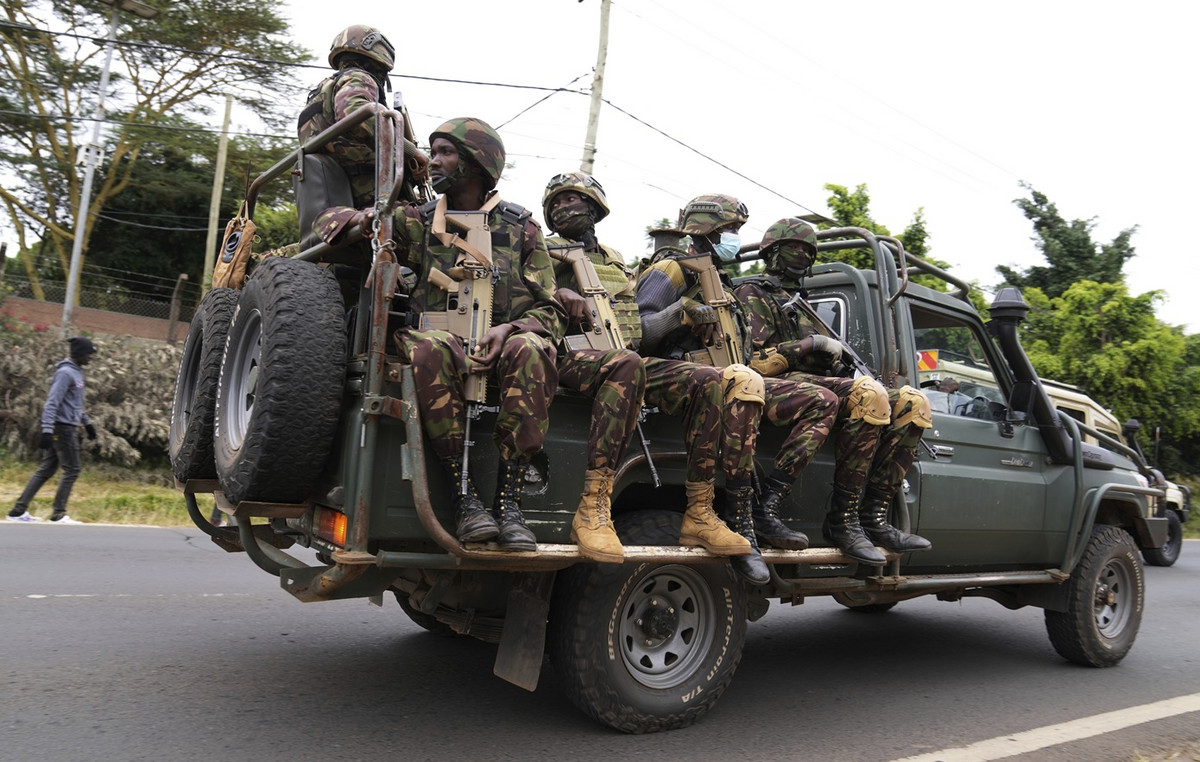Cubans go to the polls this Sunday (26) to choose the 470 parliamentarians who will be in the National Assembly over the next five years.
To the elections legislative are the first since you Cubans approved a new Constitution in 2019.
In 45 days, the representatives will meet and vote to elect the President of the Republic. Miguel Diaz-Canel is expected to be re-elected.
In the country, candidates are selected by committees made up of members of groups representing different sectors, such as workers, university students and small farmers.
Criteria for election include merit, moral authority, popular acceptance and adequate social participation. Half of the candidates could be the representatives elected in November last year for municipal assemblies.
Potential candidates chosen by the commissions are confirmed by a majority of hands raised in local municipal assemblies before going on to vote.
470 candidates for 470 vacancies
In the election, there are 470 candidates for 470 vacancies. Cuban law requires that the winning candidate receive “more than half of the valid votes cast in the municipality or electoral district.”
If a candidate does not meet that threshold in Sunday’s vote, Cuba’s Council of State — the legislative leadership — can choose to vacate the post, have the municipal assembly choose an alternate representative, or hold new elections. Legislators can serve up to two terms.
How does voting work?
Voters receive a ballot at their respective polling station that lists the National Assembly candidates in their district. There are no opposition candidates.
A voter can vote “for all” the candidates on his ballot, for several, or for just one. Citizens can also choose to abstain from voting or invalidate their votes.
democratic system
Cuba’s elections are criticized by some outside observers as lacking transparency or credible opposition. The Communist Party is labeled by Cuba’s 2019 constitution as “the driving political force of society and the state”.
Cuba defends its one-party system, saying it promotes unity. By banning political campaigns, he explains that he eliminated the corrupting influence of money in politics.
The nation also claims that its candidate selection system is more inclusive than elsewhere. More than half are women and 45% are black.
There is no international oversight of the election.
(*Published by Douglas Porto with information from Reuters)
Source: CNN Brasil
Bruce Belcher is a seasoned author with over 5 years of experience in world news. He writes for online news websites and provides in-depth analysis on the world stock market. Bruce is known for his insightful perspectives and commitment to keeping the public informed.







